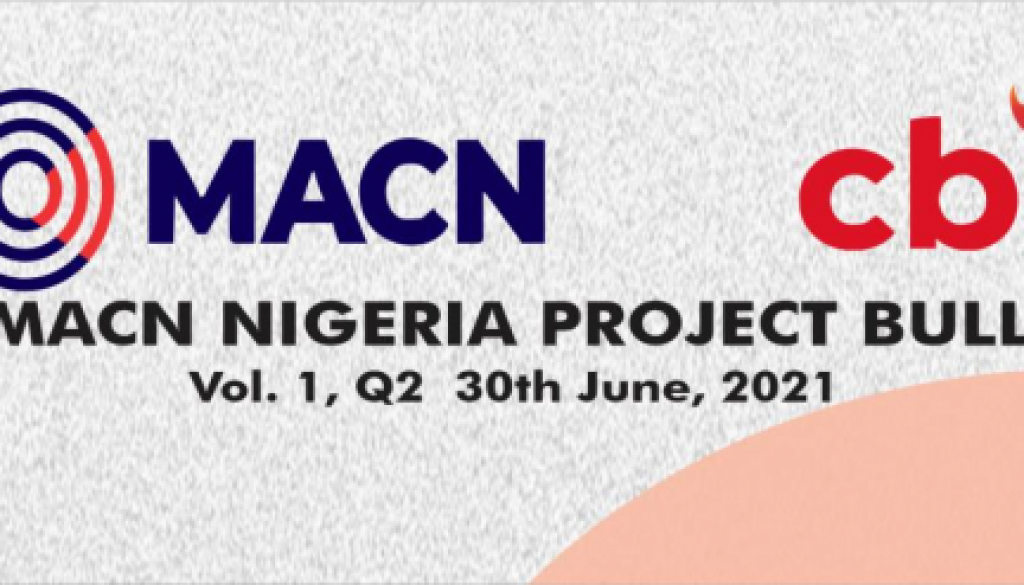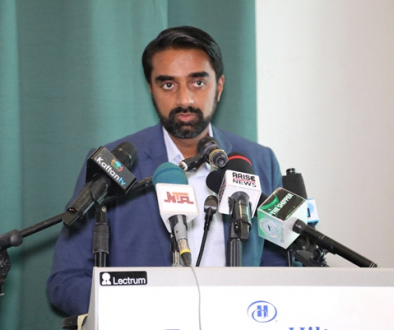VOL 1 – Improving Port Efficiency-Emerging Good Practice From Nigeria

BACKGROUND
The maritime sector is important to Nigeria’s economic survival. That notwithstanding, challenges to ports administration have created circumstances of excessive delays to import/export processes, red tape, human and vehicular congestion in and around the ports, and illegal charges leading to high costs of business operations1.
Given the economic costs of these challenges and the losses that come with the attendant inefficiencies, estimated at a whopping $7 billion annually2, the Nigerian Government through the Nigeria Shippers’ Council (NSC), the Technical Unit on Government and Anti-Corruption Reforms (TUGAR) and the Independent Corrupt Practices and Other Related Offences Commission (ICPC), in collaboration with the Maritime Anti-Corruption Network (MACN) and the United Nations Development Programme (UNDP), in 2012 embarked on a process of reforms to address the challenges in the maritime sector.
The collaboration led to the establishment of the Port Service Support Portal (PSSP) housed by the NSC and the Project Steering Committee (PSC). The PSC and PSSP have been at the forefront of the reforms in the Nigerian maritime sector for improved efficiency, better service delivery and better business environment. The efforts of the PSC have resulted in the publication of Standard Operating Procedures (SOPs) for Ports Agencies and recently publication of the Nigerian Port Process Manual (NPPM). The NSC is officially charged with the responsibility of leading its implementation and enforcement. Both documents have far-reaching implications for operations in Nigerian Ports and Terminals.
While the PSSP housed and managed by the NSC is a complaints management and Port service support solution aimed at addressing challenges of business-to- business transactions across Nigeria’s Ports, enabling stakeholders to submit and track the status of their complaints, enquiries and port service requests in real- time, the SOPs were intended to improve transparency and accountability in Nigerian Ports, while the NPPM is reducing bureaucratic roadblocks and improving operational efficiency in the sector.
Both documents and the PSSP have far reaching implications for operations in Nigerian Ports and
$10 billion in non-oil exports and N2.5 trillion in corporate revenues, including the drop of 38-40% in industrial capacity utilization according to the Lagos Chamber of Commerce and Industry (LCCI)3.
The Maritime Anti-Corruption Network (MACN) on its part set up a Help Desk for its members as well as a Mobile App SOP Toolkit and a User Experience Diary for Clearing Agents. From June 2020 to date, the Help Desk has recorded over 204 Ship Arrival Notifications (Table 1), mostly sent by Shipping Companies, provided feedback to 27 issues raised and worked with the NSC to resolve 24 of these issues within a 1 – 8 hour timeframe. Overall, from 2011 to 2021, a total of 1115 incidents (Graph 1) have been reported by Ship captains calling on Nigerian ports using the MACN Anonymous Incident Data System. Since 2020, there has been a decline in the number of reported incidents from a high of 266 incidents in 2019 to 125 in 2020 and about 36 (at the time of writing) in 2021 (Figure 1). The implication of this is that transactions for Ship Captains using Nigerian Ports has become more transparent, predictable, and consistent.
Equally, the improvements in transparency, predictability, consistency of operations at the ports for Ship Captains has led to the transformation of the Bonny Working Group formed by MACN Members to a general-purpose Dry and Wet Cargo Working Group that engages with issues arising from ports around the world generally. The significance of this development has been that the membership of MACN, consisting of over 160 shipping companies responsible for over 50% of global cargo-carrying capacity and 70-80% of global containerized cargo, is beginning to change its largely negative perception of the Nigerian business environment and the effects of corruption on the sector’s viability. Over the long term, these incremental changes, if sustained, will contribute towards improving Nigeria’s position on the Ease of Doing Business rankings as well as Corruption Perceptions Index in a fundamental way that can drive investment and development in the country’s maritime sector.
The data has been collected through MACN’s Anonymous Incident Reporting System which enables maritime players to submit reports on corrupt demands they have faced during port operation. Both MACN members and non-members share reports of corrupt demands through this system.







Note:
Blank refers to the actor involved in the demand not being specified in the incident report (the field is left blank)
“Any other port authority”, means it is a port authority not listed in our options (customs, immigration, port health, etc.)



Subsequent editions of the bulletin will showcase developments within the Nigerian maritime sector and how well actors are responding to ongoing collective actions at reforming the sector.


